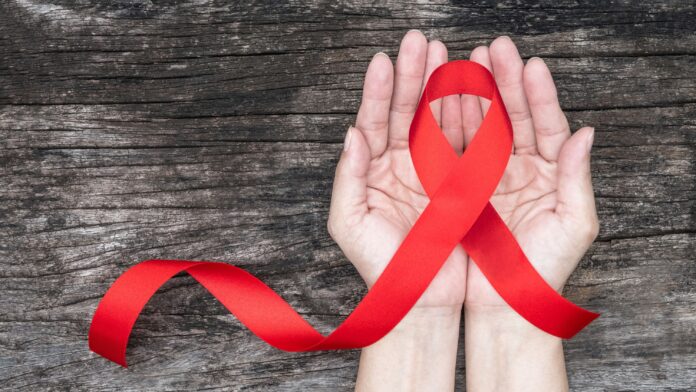Early symptoms of HIV (Human Immunodeficiency Virus) can vary from person to person, and some individuals may not experience any noticeable symptoms at all during the initial stages of infection. It’s important to note that the symptoms of HIV can resemble those of other common illnesses, so they are not a reliable way to diagnose HIV. The only way to confirm an HIV infection is through testing.
Early symptoms of HIV can appear within a few weeks to a few months after initial infection and are often referred to as acute or primary HIV infection. These symptoms can include:
- Fever: Many people with acute HIV infection experience a mild to moderate fever, often accompanied by other flu-like symptoms.
- Fatigue: Feelings of extreme tiredness and lack of energy can be common in the early stages of HIV infection.
- Sore throat: A persistent sore throat or discomfort in the throat can occur.
- Swollen lymph nodes: Lymph nodes, especially in the neck, armpits, and groin, may become swollen and tender.
- Rash: Some individuals develop a rash on their skin, which can be red or pink and may be itchy.
- Muscle and joint pain: Muscle aches and joint pain can be symptoms of acute HIV infection.
- Headache: Many people with early HIV infection report experiencing headaches.
- Night sweats: Profuse sweating, particularly at night, can occur.
- Gastrointestinal symptoms: Nausea, vomiting, diarrhea, and abdominal pain are possible, though not everyone experiences these symptoms.
- Weight loss: Some individuals may notice unintentional weight loss during the early stages of infection.
It’s important to keep in mind that these symptoms are non-specific and can be caused by a wide range of illnesses and conditions other than HIV. Additionally, not everyone who contracts HIV will experience these symptoms, and some individuals may remain asymptomatic for an extended period.
If you suspect you may have been exposed to HIV or are experiencing any of these symptoms and are concerned about the possibility of an HIV infection, it’s crucial to seek medical advice and get an HIV test. Early detection and appropriate medical care are essential for managing HIV and preventing its progression to AIDS (Acquired Immunodeficiency Syndrome).



